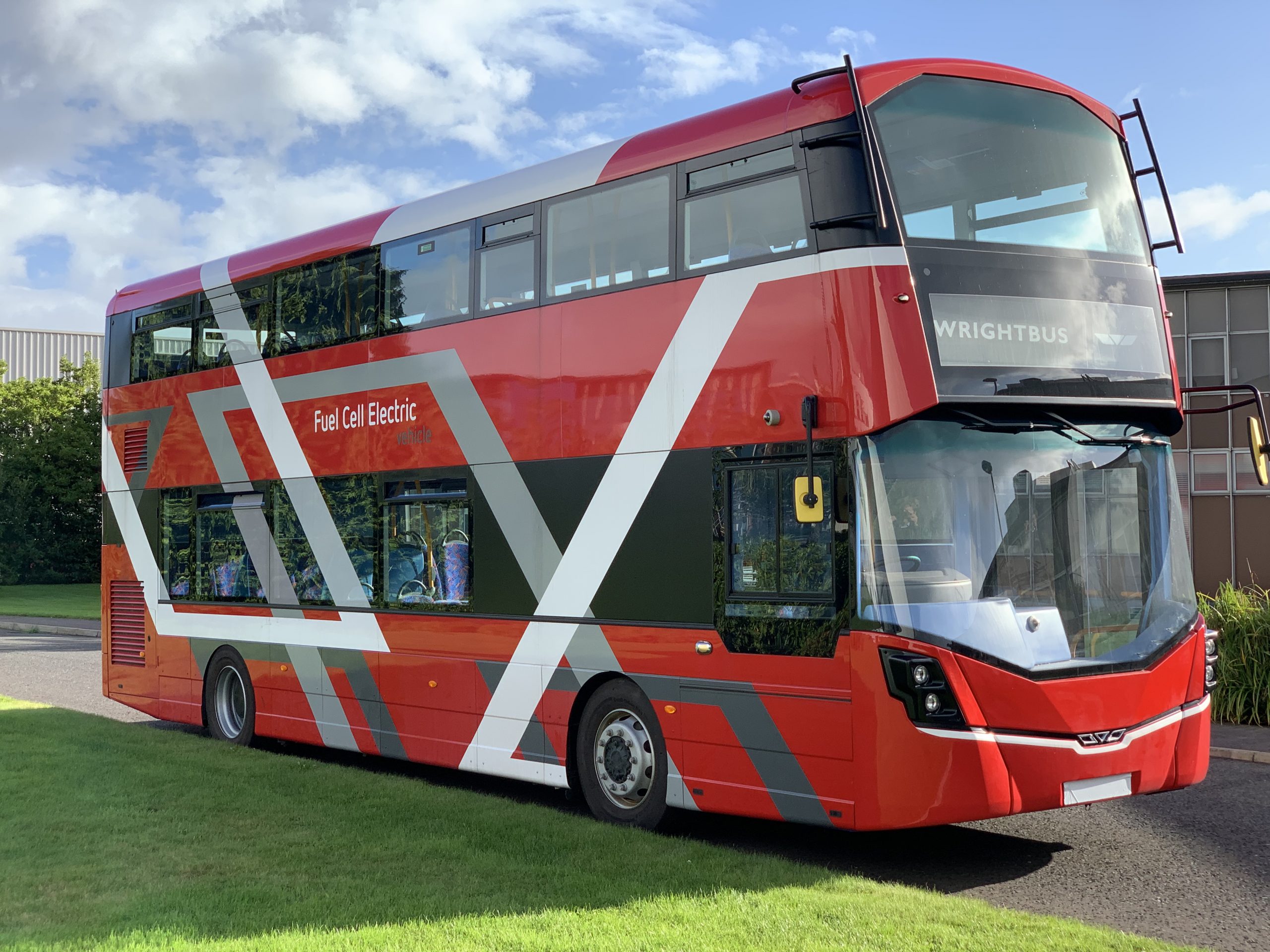The emerging hydrogen economy is about more than replacing dirty industrial processes for clean ones; it represents a rewiring of parts of the economy of the kind we haven’t seen since the advent of the internet.
Entirely new sectors are being born as companies vie to produce, transport, store and use clean hydrogen, providing threats and opportunities in equal measure to incumbents and new entrants alike.
Just as Nokia was toppled by Apple after the Finnish handset giant failed to see the threat posed by touch screen phones, it is only a matter of time before clean hydrogen produces its first iPhone moment.
The size of the opportunity can be seen in a recent deal from Wrightbus to supply German operator RVK with 60 hydrogen buses over the coming two years. Wrightbus isn’t just trying to convince existing customers to switch to hydrogen, it has recognised that the clean transport revolution provides an opportunity to grow the business internationally.
When Executive Chairman Jo Bamford bought Ballymena-based Wrightbus out of administration in 2019 it had just 56 employees. It now boasts 900, including Jean-Luc Deflandre, the bus industry veteran who was recently appointed as European Chief Commercial Officer.
“The recent appointment of our dedicated European Chief Commercial Officer Jean-Luc Deflandre highlights our desire to grow in the market, and we’re hoping this order marks the start of the roll out of many left-hand drive zero-emission buses in cities across Europe and beyond in the coming years.” said Jo Bamford Wrightbus Executive Chairman.

When Executive Chairman Jo Bamford bought Ballymena-based Wrightbus out of administration in 2019 it had just 56 employees. It now boasts more than 900.
The appointment demonstrates Wrightbus’s ambition to be a global player in the clean transport sector, using hydrogen as a platform to take the company places that might otherwise not have been possible.
Wrightbus’s Kite Hydroliner buses are powered by hydrogen fuel cells that produce no carbon emissions, only water vapour. With a range of 640 miles and capacity of 90 passengers, they are competitive with equivalent vehicles powered by fossil fuels and an internal combustion engine.
“The combination of the most economical offer with a robust service concept is the reason why we placed the order with Wrightbus,” said RVK Managing Director, Marcel Frank.
The German deal follows hot on the heels of an agreement to sell hydrogen buses in Australia. In early May, Wrightbus secured a deal to supply hydrogen fuel cell drive train technology to Australia’s leading bus body manufacturer Volgren, potentially opening up a significant market for the Northern Ireland based company.
The emergence of clean hydrogen as a major future source of energy effectively throws all the pieces of the global energy jigsaw into the air. Where they land this time will depend less on who is luckiest enough to have the most hydrocarbons underground and more on industrial strategy, because green hydrogen can be produced by any country with some renewable energy resources and an electrolyser to turn water into H2.
A report published earlier this year said developing a clean hydrogen industry could create 50,000 jobs in Ireland, coupled with a warning that the Republic could miss the opportunity if their government doesn’t publish its hydrogen strategy promptly.
Countries that take advantage of the huge opportunities provided by the emerging hydrogen economy will reap the benefits for decades to come, while those that are slow out of the blocks will see some of their most cherished companies threatened by competitors that moved earlier and more aggressively.
To learn more about Ryze Hydrogen click here.






